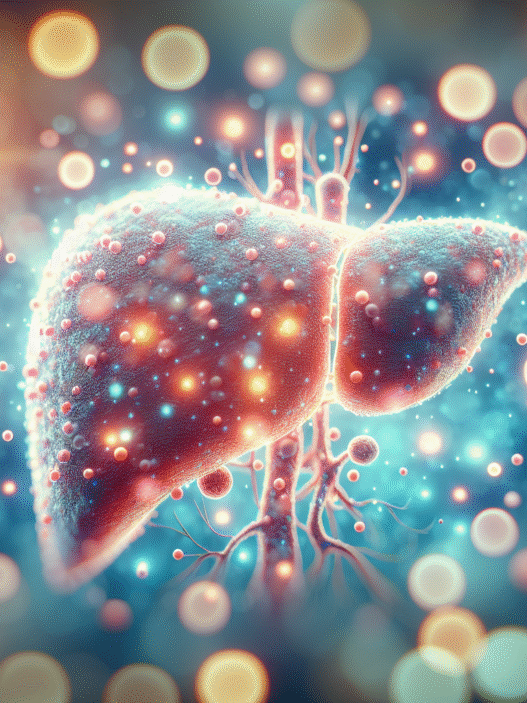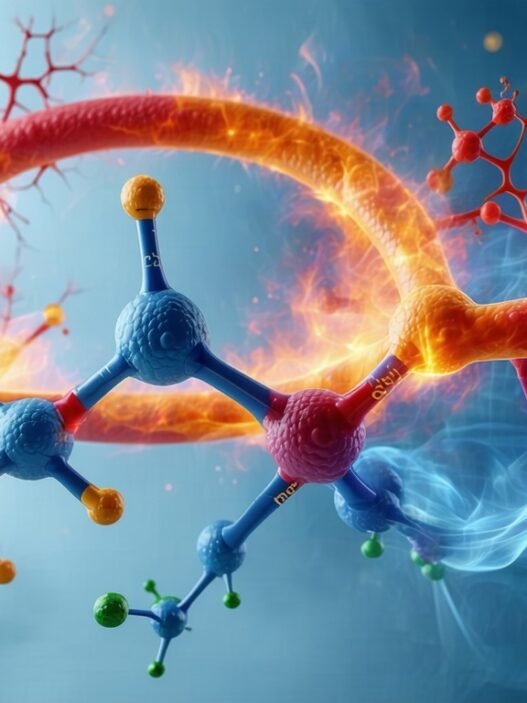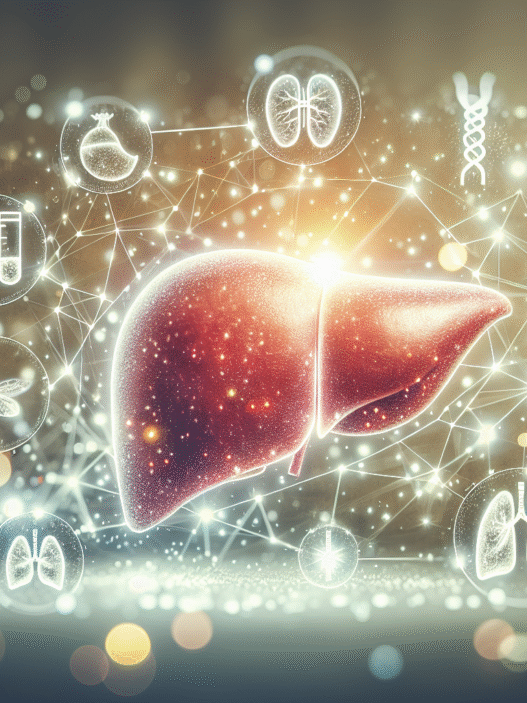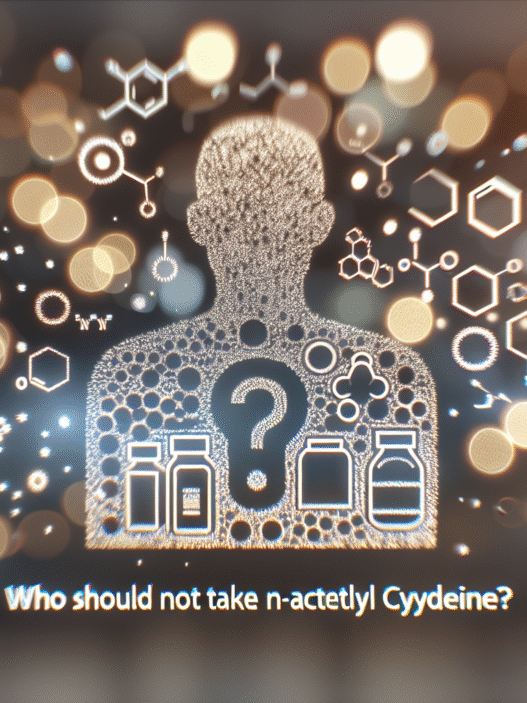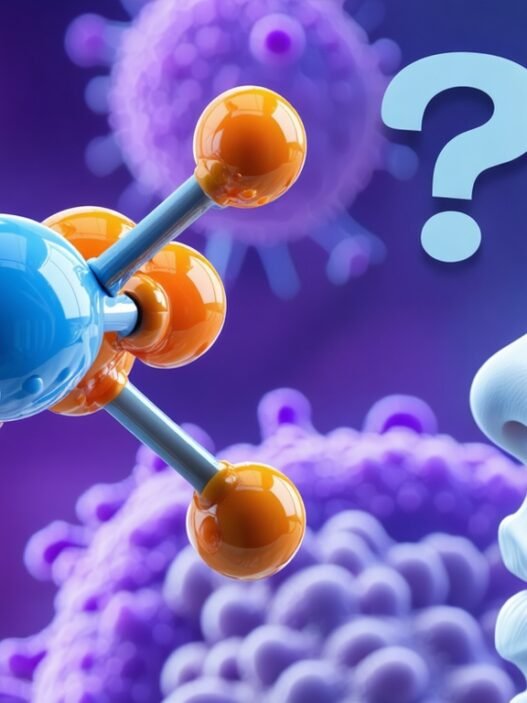N-Acetyl Cysteine (NAC) Overview
Understanding NAC Benefits
N-Acetyl Cysteine (NAC) is widely recognized for its therapeutic potential and is considered an essential drug by both the FDA and WHO. This compound is available over-the-counter in some countries due to its antioxidant properties. NAC plays a significant role in various health applications, particularly in respiratory and liver health. It has been shown to improve lung function in patients with idiopathic pulmonary fibrosis (IPF), as well as enhance myocardial recovery during conditions like ST-segment elevated myocardial infarction.
NAC is also being investigated for its effectiveness as an adjunctive therapy in chronic schizophrenia, where it has demonstrated a capacity to reduce symptom severity. These varied benefits highlight the versatility of NAC in supporting overall health and well-being.
Risks and Interactions
NAC is not without risks. Administering excessive doses, particularly high doses of 7 grams or more, can lead to cell damage, putting individuals at risk for kidney issues or severe consequences. Additionally, NAC may slow down blood clotting by making it more challenging for blood cells to adhere together. This property can be beneficial in certain contexts but also raises safety concerns regarding bleeding risks.
When considering the intake of NAC, users should be aware of potential interactions, particularly with drugs like nitroglycerin. The combination of NAC and nitroglycerin can yield effective outcomes for heart health but requires careful monitoring. It is beneficial to understand [is there anything you should not take with NAC?] for those concerned about safe combinations in their health regimen.
NAC Safety Concerns
Excessive Dosage Risks
N-Acetyl Cysteine (NAC) is generally considered safe at recommended dosages. However, excessive doses of NAC, defined as 7 grams or more, can lead to serious health issues. Overconsumption may damage cells and, in extreme cases, can harm the kidneys or result in death (WebMD). It is crucial for individuals to adhere to prescribed dosages to avoid these risks.
| NAC Dosage (grams) | Potential Risk |
|---|---|
| 1-2 | Generally safe |
| 3-6 | Monitor for side effects |
| 7+ | Risk of cell and kidney damage |
Hemophilia and Bleeding Disorders
Individuals with hemophilia or other bleeding disorders should exercise caution when considering NAC supplementation. NAC can exacerbate bleeding problems in those who already have difficulty with blood coagulation. Those taking blood-thinning medications should also be cautious and consult their healthcare provider before starting NAC.
Cystinuria and Kidney Stones
People with cystinuria, a genetic condition that leads to excessive cystine excretion, should avoid NAC. This supplement may increase the likelihood of forming cystine kidney stones, which can lead to severe pain and further kidney complications (WebMD). Individuals with this condition should seek alternatives that do not pose additional risks to their kidney health.
Understanding these safety concerns is vital for those considering NAC, especially for individuals with pre-existing health issues. It is advisable to consult healthcare professionals prior to starting any new supplement regime to ensure it aligns with individual health needs. For more information about potential side effects, visit our article on what are the negative side effects of nac?.
Drug Interactions with NAC
Understanding the interactions of N-Acetyl Cysteine (NAC) with various medications is important for those looking to maintain optimal health. Some drugs can interact with NAC and either enhance side effects or diminish the effectiveness of treatment. Below are three notable interactions that should be considered.
Nitroglycerin Interaction
Nitroglycerin is commonly used to dilate blood vessels and improve blood flow. However, taking NAC may amplify the effects of nitroglycerin. This increased interaction can result in heightened side effects including headache, dizziness, and lightheadedness. It is crucial for individuals taking nitroglycerin to consult healthcare professionals before introducing NAC into their regimen to avoid these potential risks.
| Effect | Description |
|---|---|
| Increased Headache | Amplified by combining NAC with nitroglycerin |
| Dizziness | Heightened risk when NAC is used alongside nitroglycerin |
| Lightheadedness | Potentially more severe when both are taken together |
Antibiotics and Activated Charcoal
NAC is often utilized in medical settings to prevent acetaminophen (Tylenol) poisoning, helping to protect the liver. However, simultaneously taking NAC with activated charcoal—which is also used in cases of poisoning—might hinder the effectiveness of NAC. This interaction could potentially reduce its benefits in detoxifying the body and preventing liver damage following an overdose.
| Interaction | Effect on Detoxification |
|---|---|
| NAC with Activated Charcoal | Decreases NAC’s effectiveness in preventing poisoning |
Chloroquine Concerns
Chloroquine is a medication primarily used in the treatment of malaria. There are concerns that NAC may reduce the effectiveness of chloroquine, potentially compromising treatment outcomes. Individuals using chloroquine should be cautious and seek medical advice before combining it with NAC to ensure its efficacy is not diminished (WebMD).
| Medication | Potential Effect |
|---|---|
| Chloroquine | Reduced effectiveness when taken with NAC |
Understanding these interactions is vital for individuals considering NAC for its benefits. Consulting healthcare professionals can ensure safe usage, particularly for those wondering, is there anything you should not take with NAC?. Always prioritize safety and efficacy by being aware of your medication combinations.
Medical Conditions and NAC
N-acetyl cysteine (NAC) can have varying impacts on certain medical conditions. It’s essential for individuals concerned about liver health, detoxification, and longevity to be aware of how NAC interacts with conditions such as high blood pressure, blood clotting, and liver injury.
NAC and High Blood Pressure
NAC can interact with antihypertensive medications, which are commonly prescribed to manage high blood pressure. This interaction may lead to an unexpected decrease in blood pressure, resulting in symptoms such as dizziness or fainting. Patients using these medications should consult with their healthcare provider to determine the safety of combining them with NAC, especially since they may experience compounded effects on blood pressure (WebMD).
| Condition | Possible Effects |
|---|---|
| High Blood Pressure | Risk of low blood pressure with antihypertensive drugs |
Blood Clotting Effects
NAC may also affect how blood clots. It has the potential to slow blood clotting, making it harder for blood cells to stick together (WebMD). This characteristic can lead to complications, especially for individuals already on anticoagulant or antiplatelet drugs, as the combined use could increase the risk of bruising and significant bleeding.
| Medication Type | Potential Interaction |
|---|---|
| Anticoagulant/Antiplatelet Drugs | Increased bleeding risk |
Liver Injury Implications
Patients with severe liver injury may experience altered pharmacokinetics when taking NAC. In these individuals, the clearance of NAC can decrease by up to 90%, significantly prolonging its half-life. This can lead to an accumulation of NAC in the body, heightening the risk of side effects and necessitating close monitoring by healthcare professionals.
| Condition | Clearance Rate |
|---|---|
| Severe Liver Injury | Reduced total clearance by up to 90% |
For those seeking to understand what is nac n-acetyl cysteine used for? and its interactions with other medications, awareness of these conditions and potential risks is vital. Always consult with a healthcare provider before starting NAC, especially if currently on any existing medication.
Dosage and Administration
Proper dosage and administration of N-Acetyl Cysteine (NAC) are crucial for maximizing its benefits while minimizing potential risks. It is essential for individuals concerned about liver health, detoxification, and anti-aging to have a clear understanding of how to use NAC effectively.
Proper Usage Guidelines
When considering NAC supplementation, users should first consult a healthcare professional to determine the appropriate dosage for their specific needs. NAC can be taken in various forms, including capsules, tablets, and powders. It’s essential to follow the recommended dosages provided by the manufacturer or a healthcare provider.
Here are some general guidelines to keep in mind:
- Start with a lower dose to assess tolerance and gradually increase if necessary.
- Consider taking NAC on an empty stomach for better absorption.
- Do not mix NAC with certain medications without consultation.
Dosage Considerations
The typical dosage of NAC varies based on its intended use. NAC has a bioavailability of less than 10% when taken orally, making intravenous administration a more effective option in some cases (PMC). Here’s a table summarizing common dosages for various conditions:
| Condition | Recommended Dosage |
|---|---|
| General health support | 600 – 1,200 mg daily |
| Respiratory issues | 1,200 – 1,800 mg daily |
| Liver protection | 600 – 1,200 mg daily |
| Acute paracetamol overdose | Loading dose of 10g, then 1,000 mg every 4 hours for 72 hours (PMC) |
Consultation with a healthcare professional is advised for dosages that exceed these guidelines.
Administration Forms
NAC is available in several forms, each with its own benefits:
- Capsules/Tablets: Easy to take and convenient for daily use.
- Powder: Can be mixed with water or juice; allows for customized dosing.
- Intravenous (IV): Typically used for acute medical conditions, such as paracetamol overdose, due to its rapid delivery and high bioavailability.
When considering how to take NAC, users should weigh the pros and cons of each form based on personal preferences and health needs. It is also vital to be mindful of interactions when combining NAC with other supplements or medications, particularly inquiring about is there anything you should not take with NAC?. Always prioritize safety and consult a healthcare professional for personalized advice.
NAC Research Findings
N-Acetyl Cysteine (NAC) has garnered attention for its potential health benefits across various domains. Research indicates that this supplement may offer advantages in cardiac health, respiratory function, and mental well-being.
Cardiac Health Benefits
NAC has shown promising effects on cardiac health. Studies reveal that administering NAC, in conjunction with low-dose nitroglycerin, can reduce the size of acute myocardial infarctions in patients experiencing ST-segment elevation myocardial infarction. This combination improves myocardial rescue and accelerates the alleviation of chest pain (PMC).
| Study Focus | Outcome |
|---|---|
| Combination with nitroglycerin | Reduced myocardial infarction size |
| Improvement in myocardial rescue | Yes |
| Alleviation of chest pain | Accelerated |
Respiratory Health Benefits
NAC is recognized for its positive effects on respiratory health as well. Research has demonstrated its efficacy in improving lung function and mitigating the decline in forced vital capacity (FVC). It has also been noted for stabilizing arterial oxygen partial pressure (PaO2) and enhancing results on the 6-minute walking distance test in patients with idiopathic pulmonary fibrosis (IPF) when used in high doses. These findings suggest that NAC may play a vital role in respiratory support.
| Study Focus | Outcome |
|---|---|
| Improvement in FVC | Yes |
| Stabilization of PaO2 | Yes |
| Enhanced 6-min walking distance | Yes |
Mental Health Benefits
NAC appears to extend its benefits to mental health as well. Research has noted that NAC serves as a safe and effective adjunctive therapy in managing chronic schizophrenia. It has shown moderate benefits in reducing clinical severity and improving symptoms associated with both the positive and negative aspects of the disorder.
| Study Focus | Outcome |
|---|---|
| Adjunctive therapy effectiveness | Yes |
| Reduction in clinical severity | Moderate benefits |
| Improvement in symptoms | Yes |
Exploring these findings underscores the potential of NAC beyond traditional applications. For more on its effects and the safety of daily use, see our article on is it ok to take nac everyday?.














